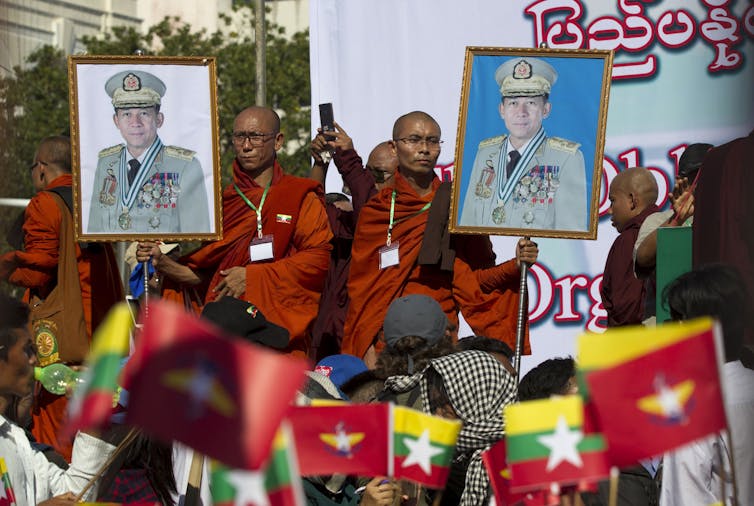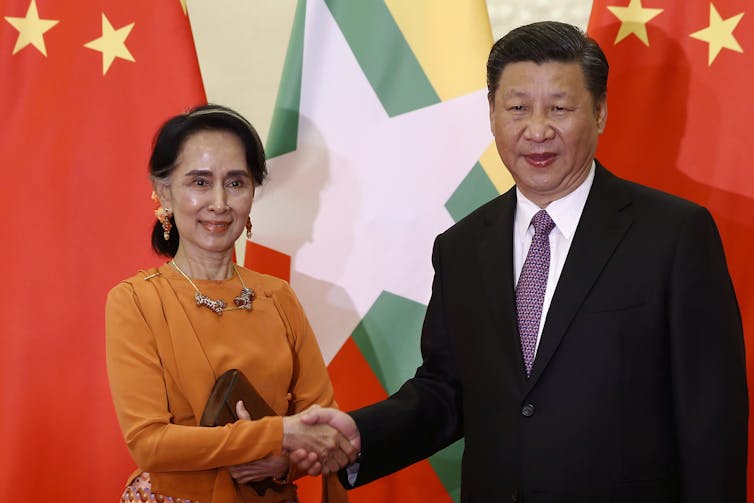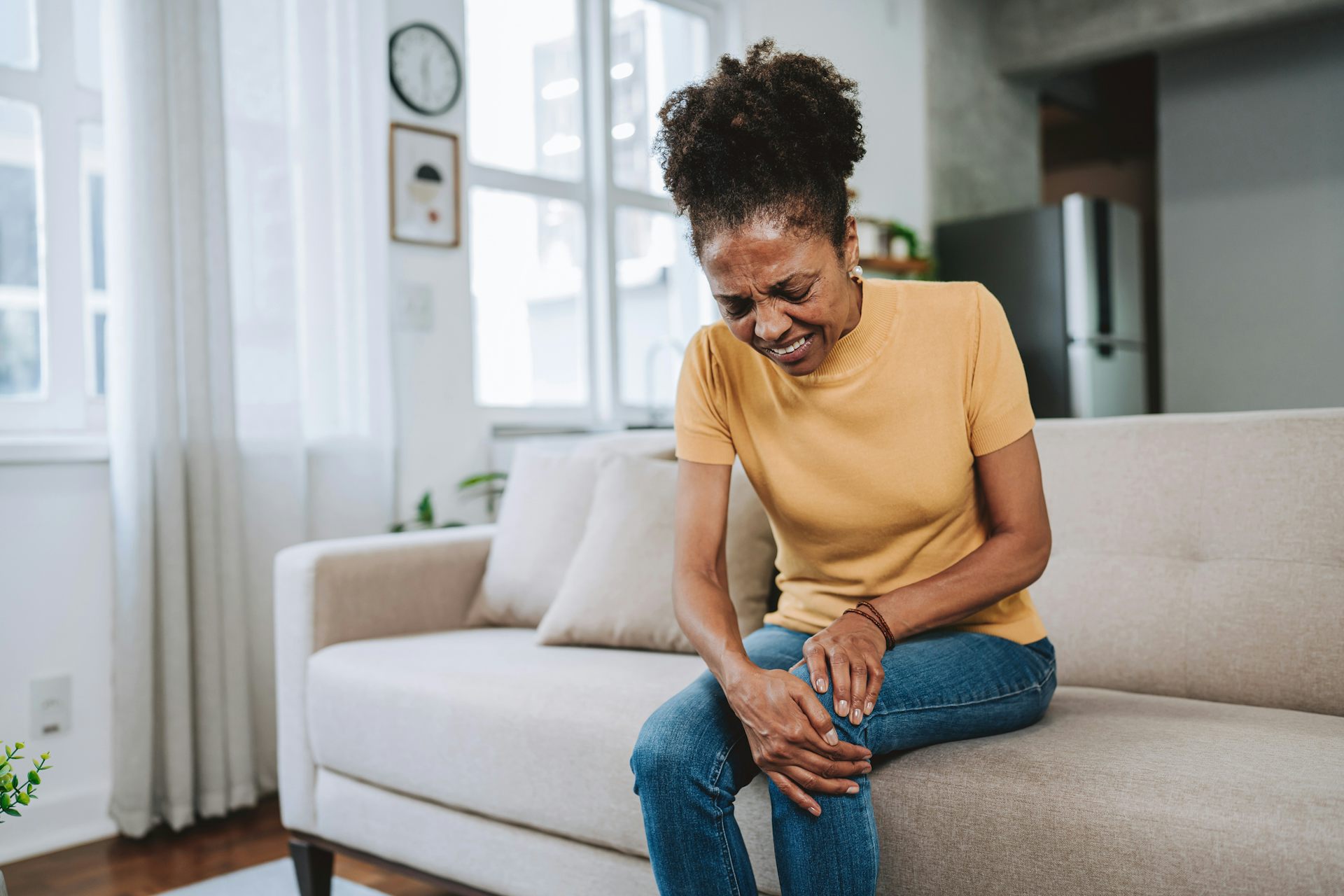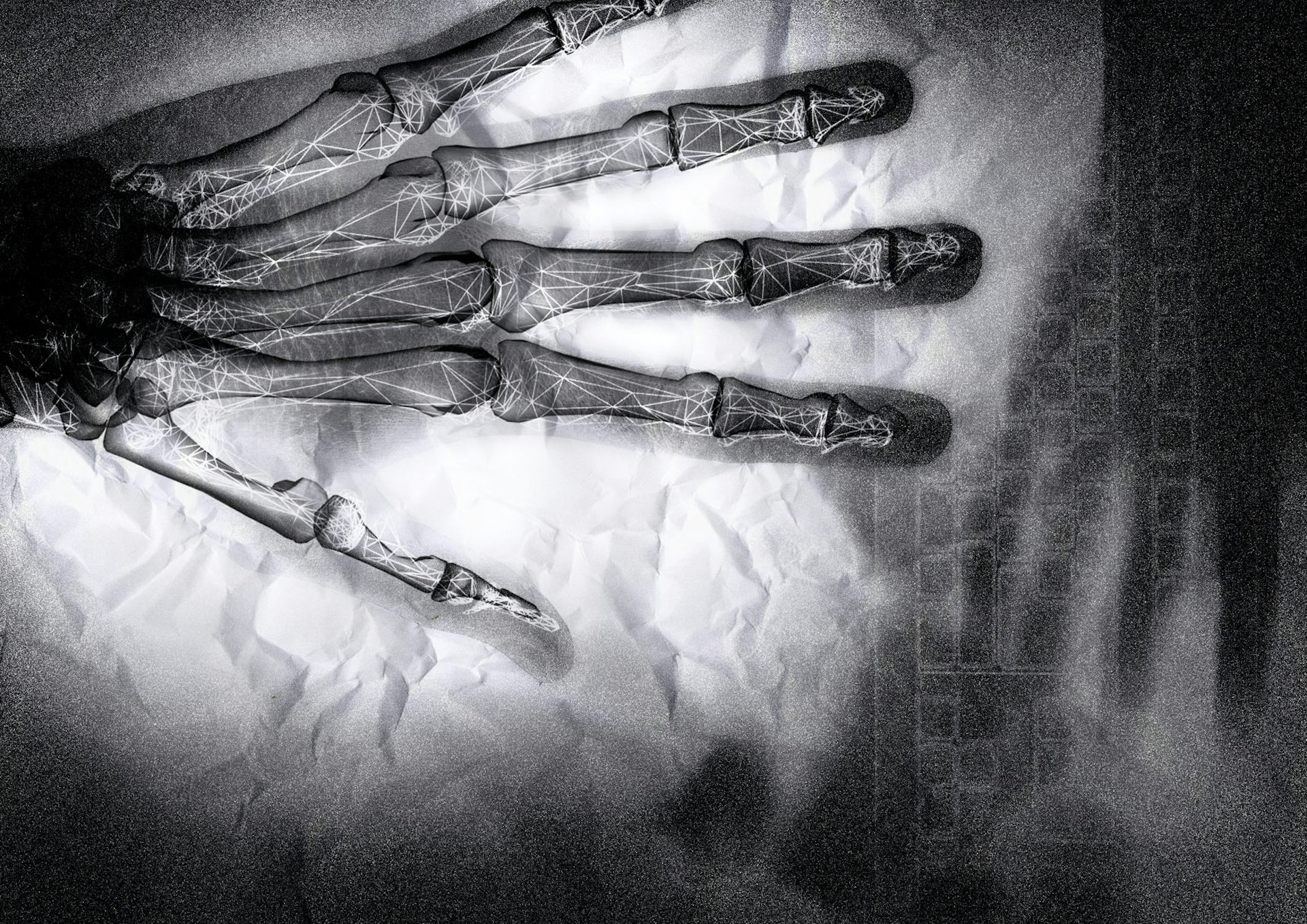Myanmar debates women's rights amid evidence of pervasive sexual and domestic violence
In Myanmar, spousal abuse is legal and stigma stop most women from reporting sexual violence. A bill championed by feminists but long stalled in Parliament may soon give women their basic rights.
For years, feminists in Myanmar have been fighting to gain even the most basic legal rights for women.
Spousal abuse is still legal in the isolated military dictatorship formerly known as Burma. Even criminal sexual assault is rarely punished.
Activists’ patient efforts to change that are starting to pay off.
In late November, officials announced that the Prevention and Protection of Violence Against Women Act, long stalled in Parliament, may finally be passed in 2019. The bill would protect women from domestic violence, marital rape, sexual violence and workplace harassment, and provide legal and medical support to survivors.
That’s a huge victory for the pioneering women’s rights groups that helped draft the legislation first proposed in 2013.
But as revealed in our on-the-ground research on violence against women and gender inequality in Myanmar, the law is not the only thing that needs changing to keep its women safe.
Intimate partner violence is common
Across the globe, violence against women – whether physical, sexual or psychological – is most likely to be perpetrated by their husband or boyfriend.
Thirty percent of women worldwide will be abused by a male partner during their lifetime, and the proportion is as high as 68 percent in some countries.
Data on intimate partner violence in Myanmar is slim. But in 2016 the U.S.-funded Demographic and Health Survey, which is conducted in some 100 countries every five years, found that 21 percent of women there reported experiencing physical, sexual or psychological violence at the hands of an intimate partner, particularly slapping, pushing, choking and attacks with weapons.
The real percentage is likely much higher. Surveys on intimate partner violence typically produce lower-than-actual numbers, in part because many women don’t feel comfortable or safe talking about assault.
According to Legal Clinic Myanmar, a charity based in Yangon, 68 percent of the cases they attended in May 2018 concerned gender-based violence.
Evidence also shows that women are more likely to experience violence in countries with high gender inequality. Myanmar ranks 106 of 189 countries in the United Nations’ Gender Inequality Index.
Our research sheds light on a high-profile United Nations report released in August, which documented widespread rape and sexual slavery in Myanmar’s genocidal campaign against the Muslim Rohingya people.
The findings were disturbing. But, for us, they were not surprising. Violence against women is a silent emergency in all Myanmar.
A false belief in gender equality
Unequal gender relations in Myanmar stem from “hpon,” a deeply held social belief that considers men to be holy, glorious and spiritually superior. Women are associated with ill omens and bad luck.
Hpon translates into both subtle and overt segregation by gender in Myanmar.
Politics is almost exclusively the domain of men, with women making up around 10 percent of national and state legislatures. In contrast, the male-dominated Myanmar military is guaranteed 25 percent of seats in all governing bodies.

Women in this Buddhist-majority country are not allowed to access certain religious spaces. Their garments are washed separately, so as not to contaminate men’s clothing.
Though hpon devalues women, we have found in interviews that people in Myanmar think that men and women enjoy equal status.
They point to women and men’s relatively equal education levels, for example, or observe that women get to keep their last names after marriage. Women in Myanmar can also travel freely without a male escort, giving them relative independence compared to women in neighboring South Asian countries.
Positive views of gender equality in Myanmar also celebrate a few very high-achieving women – most of them from upper-class backgrounds.
These exceptional figures include Queen Shin Saw Pu, who reigned the Mon Kingdom from 1453 to 1472, the 20th-century education campaigner Daw Mya Sein and leader Aung San Suu Kyi, who won the country’s first democratic elections in 2015.

Blaming the victim
But the success of a few is not the same as equality for all.
The misperception of gender equality in Myanmar can actually make life harder for women who are seen to fall short of these high ideals, we found, because they feel like deviants in an otherwise equal and peaceful society.
After a Myanmar model sued her boyfriend for rape in September 2018 – a very rare legal challenge in Myanmar – she was viciously attacked on social media, where she was called a “prostitute” and a “woman of low morals.” She received hate mail suggesting she was better off dead.
The social stigma against sexual abuse and harassment in Myanmar society means most abuse survivors never report their experiences.
Many women we interviewed have kept silent about domestic violence because they believe friends and family would say it was their “wifely duty” to be patient and quiet.
Others feared retaliation if they made their abuse known.
Gender inequality in Myanmar also limits women’s ability to leave abusive relationships. Many women are financially and socially dependent on their partners, and would face social isolation, stigma and financial insecurity if they fled.
Male-dominated institutions
Since men dominate Myanmar’s political, legal and criminal justice institutions, women also fear that reporting domestic violence will not protect them.
Only 1 percent of women who seek help after physical or sexual violence go to the police, according to the Demographic and Health Survey.
When they do, they are not often believed.
One woman we spoke with said that she reported her violent husband to law enforcement, only to have her case dismissed. She said her husband paid the local police to ignore her.
Myanmar society also typically turns a blind eye toward sexual abuse by soldiers and Buddhist monks, members of the country’s two most powerful institutions.
Myanmar’s fitful transition from dictatorship toward democracy in recent years is giving women the opportunity, for the first time in history, to fight for their legal rights.
If the Prevention and Protection of Violence Against Women Act is passed next year, it will not fix the entrenched gender inequality that makes Myanmar women vulnerable to sexual violence.
But it is a critical step in the right direction.
The authors do not work for, consult, own shares in or receive funding from any company or organization that would benefit from this article, and have disclosed no relevant affiliations beyond their academic appointment.
Read These Next
Why does pain last longer for women? Immune cells may be the culprit
Your immune systems kicks into gear when you’re injured, both worsening and relieving pain.
Why ICE’s body camera policies make the videos unlikely to improve accountability and transparency
For body cameras to function as transparency tools, wrongdoing would have to be consistently penalized,…
Artists and writers are often hesitant to disclose they’ve collaborated with AI – and those fears ma
Whether they’re famous composers or first-year art students, creators experience reputational costs…






